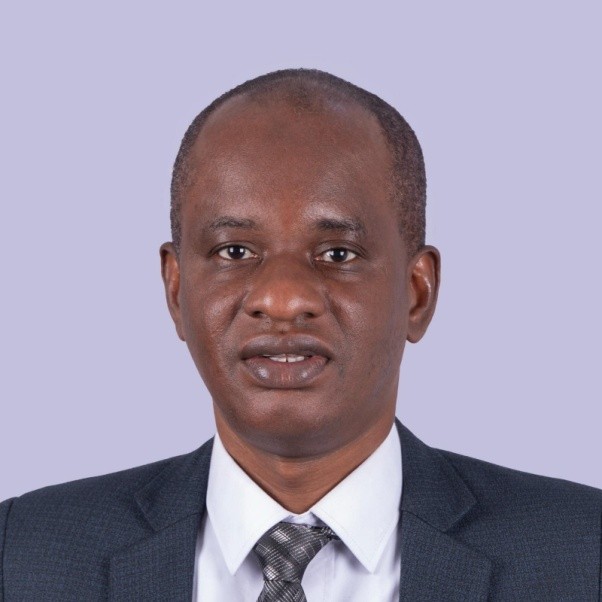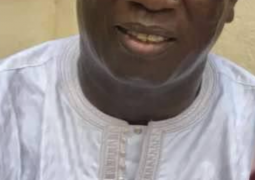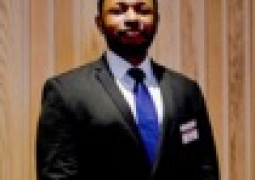
Human beings are social by nature. We seek companionship, solidarity, and belonging through families, communities, and associations. Recognizing this, the Constitution of The Gambia grants citizens the right to form associations within the framework of the law. These associations can serve noble purposes—whether to preserve culture, promote development, or strengthen social ties. However, the framers of our laws also understood the dangers of division. This is why political parties are prohibited from being registered on tribal or religious grounds. Such restrictions are not arbitrary; they exist to safeguard our fragile peace and national cohesion.
In recent years, however, we have seen the rise of associations explicitly aligned with tribal identities. Some have been formed under the banner of the Fula, others under the Mandinka, and there may well be others to come. To be clear, the intention behind these groups may be genuine: cultural preservation, community solidarity, and social support. Yet we must also recognize the inherent risks. A tribal association can easily become a political tool. Politicians may engage with such groups for electoral gain, giving them subtle but powerful political weight. Once culture and politics mix under a tribal banner, the seeds of division are planted.
We do not need to look far for cautionary lessons. Rwanda’s tragic genocide in 1994 was fueled by years of ethnic manipulation and propaganda, with ordinary people turned against each other because of tribe. While The Gambia is not Rwanda, and our history and size are different, the underlying danger remains the same: when people begin to see themselves as tribes first and citizens second, the unity of the nation is put at risk. For a small and diverse country like ours, the margin for error is thin.
Equally concerning is the emergence of groups operating under religious banners, such as one circulating on social media under the name “In Defense of Islam.” Such framing is misleading and dangerous. To the best of my knowledge, Islam is not under attack in The Gambia. Religious matters are already entrusted to capable institutions such as the Supreme Islamic Council, the Christian Council, and the Ministry of Religious Affairs. These institutions have long worked together to ensure harmony between Muslims and Christians, which remains one of the strengths of our country. When independent groups attempt to assume a role of religious “defense,” they risk inciting intolerance, silencing diverse opinions, and even encouraging confrontation. We have seen in neighboring countries how religion, when politicized or misused, can spiral into violent conflict.
These trends are especially alarming as we move towards the 2026 presidential elections. Already, we have witnessed tribal remarks from certain politicians, remarks that have been widely condemned across the nation. While Gambians of all backgrounds reject such rhetoric, the fact that it is emerging at all should serve as a warning. Once tribal or religious rhetoric becomes normalized in political campaigns, reversing it becomes extremely difficult.
What then should be done? The answer lies in proactive action. The government, together with the National Assembly, must revisit our legal framework for the registration of associations. If political parties are not permitted to organize along tribal or religious lines, then neither should cultural or social associations that have the potential to be exploited in the same way. Laws must be clear and firm: any association whose structure, membership, or mission is based solely on tribe or religion should not be registered.
This does not mean the end of cultural promotion. On the contrary, culture can and should be celebrated—but within inclusive frameworks that highlight The Gambia’s collective identity. Instead of forming tribal associations, why not strengthen national cultural institutions that preserve and promote all of our traditions? Instead of religious defense groups, why not build stronger interfaith councils that promote dialogue and harmony?
The future of our nation depends on the choices we make today. Tribalism and religious intolerance are slow poisons; they eat away at the unity of a nation until conflict erupts. We must never allow The Gambia to travel that path. Our diversity should be our strength, not our weakness.
As Gambians, we all want the same thing: peace, progress, and prosperity. To achieve this, we must stand together as one people, united under one flag, bound by one destiny. The National Assembly has a moral and constitutional duty to act decisively. By banning associations based solely on tribe or religion, our leaders will be taking an important step to safeguard national unity, protect our democracy, and ensure that future generations inherit a Gambia that is stable, peaceful, and united.
The time to act is now.
Read Other Articles In Opinion

MAY DAY MESSAGE BY KEBBA MASANEH CEESAY, CHAIRMAN GAMBIA TRADE UNION BUREAU
Apr 30, 2021, 10:50 AM




